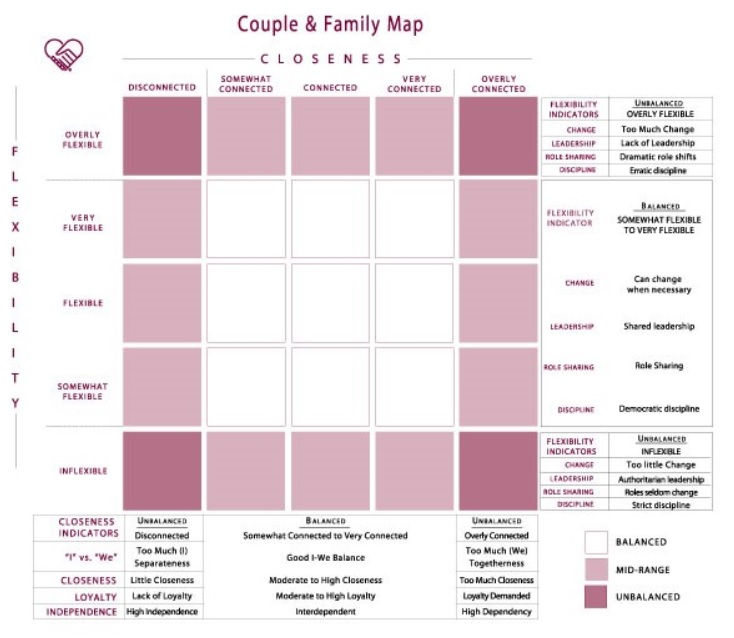How Biblical Counseling Addresses the Use of Medication
- rogerlinpsyd
- Nov 5
- 4 min read
Updated: Nov 6
Is it okay to use medication for our mental health? For many individuals struggling with anxiety, depression, or other mental health challenges, medication can offer relief, but it can also bring up complex questions about faith, healing, and the role of professional treatment. Biblical Counseling provides a biblical perspective on mental health and a holistic approach to addressing the needs of the body, mind, and spirit.
1. Mental Health in a Biblical Context
The Bible teaches that human beings are created as holistic beings, body, mind, and spirit. Mental health challenges, whether related to mood, thought patterns, or behavior, are seen as part of the broader human condition in a fallen world. While mental illness and emotional distress are often linked to the brokenness of the world and the effects of sin, it is also important to acknowledge that mental health struggles are not a result of personal sin or lack of faith.
The Bible offers compassion and encouragement to those who suffer, recognizing that humans experience a range of emotions, including sorrow, fear, and anxiety (Psalm 34:18). In fact, even some of the most prominent figures in Scripture, such as David, Elijah, and Job, exhibited symptoms of deep emotional distress. Their experiences reflect the reality that Christians are not immune to mental health struggles, and that God cares for the whole person, body, mind, and spirit.
It is biblical to affirm that mental health challenges are real and should be addressed with care and compassion.
2. The Role of Medication in Mental Health Treatment
Medication, when prescribed appropriately by a healthcare provider, can play a beneficial role in managing mental health conditions. Many individuals find that medication can help stabilize their mood, reduce anxiety, and allow them to engage more effectively in counseling.
In considering the need for medication, treat the whole person: body, mind, and spirit. From a biblical standpoint, there is no inherent conflict between taking medication and seeking healing. God has provided medical knowledge and resources for physical healing. God has also equipped healthcare professionals to treat mental health issues through medication.
In 1 Timothy 5:23, Paul advises Timothy to take some wine for his stomach ailments, which can be seen as an example of how Scripture acknowledges the use of medical treatments for health conditions. While the Bible does not directly address modern psychiatric medication, it does present a holistic view of care that includes both spiritual and physical aspects.
3. The Purpose of Medication: Alleviating Symptoms to Facilitate Healing
Medication for mental health is often prescribed to alleviate symptoms, such as anxiety, depression, or mood instability, that may be impairing a person’s ability to function in daily life. When these symptoms are alleviated, individuals may find it easier to engage in counseling, deepen their relationship with God, and take practical steps toward healing and wholeness.
Medication is a helpful tool for addressing mental health symptoms, but it is not intended to be a standalone solution. Medication may help improve a person’s mental health, but it does not heal the underlying issues that may be contributing to the emotional or mental struggles. For instance, depression may be exacerbated by grief, trauma, or unresolved sin. Counseling focuses on addressing these root causes, bringing the individual into a deeper understanding of their identity in Christ, processing emotions through prayer, and seeking reconciliation with God and others.
View medication as part of a broader plan that includes spiritual growth, prayer, and counseling.
4. The Role of Faith in Mental Health
Even when medication is prescribed, rely on your faith in God as you navigate your mental health struggles. Deepening your relationship with God can bring comfort, peace, and strength in the midst of emotional turmoil. Your relationship with God can be an integral part of your healing journey, working alongside any medical treatment you receive.
5. Balancing Faith and Medical Care
Some may question you faith and whether taking medication is a lack of trust in God’s ability to heal. Challenge the view that taking medication means a lack of faith, by recognizing God’s provision through the gifts of medicine, research, and healthcare professionals.
Proverbs 3:5-8 encourages believers to trust in the Lord with all their heart and to seek wisdom from Him. This wisdom may come through medical professionals, but it is still under God’s sovereign care. God works through many avenues—whether through medication, counseling, or divine intervention. Integrate your faith with practical means of healing.
Use the opportunity of medication to focus on other aspects of healing—such as addressing emotional wounds, dealing with past trauma, and growing in their relationship with Christ. Build coping strategies, identify negative thought patterns, and engage in spiritual practices that lead to healing and growth.
6. Seek Wholeness
While medication can address the physiological aspects of mental health issues—such as neurotransmitter imbalances or chemical deficiencies, remember that healing involves more than just alleviating symptoms. Explore the root causes of your struggles.
God is not only concerned with your emotional and mental well-being but also with your spiritual life. A holistic approach integrates the mind, body, and spirit, helping the person heal in every area of life. Medication can be a helpful tool in this process towards wholeness.
We affirm that medication can be an important part of counseling when prescribed by a healthcare professional, recognizing that it may help alleviate symptoms and provide relief for those suffering from emotional distress. Medication is not a substitute for spiritual healing. God cares deeply for every part of a person’s well-being, and resources such as medication and counseling, are a reflection of God’s love and provision.

Comments